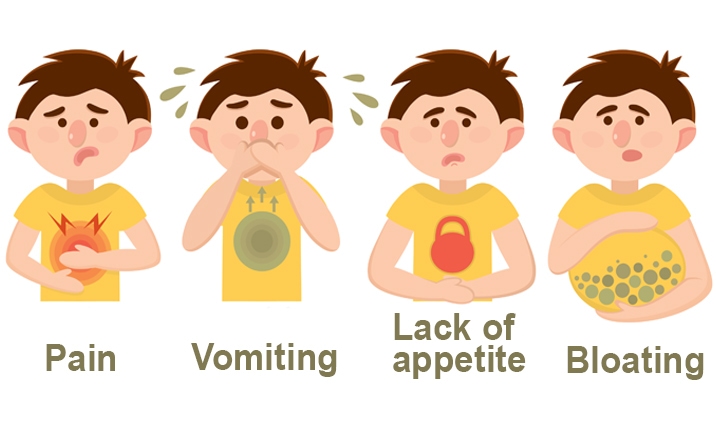
Foods taken on a regular basis in today’s fast-paced way of living are strong in excessive fats, sugar, and oil, causing stomach discomfort. Digestive illnesses and other problems affecting the gastrointestinal system are all vulnerable among children, teenagers, and the senior citizens.
A common problem is a gastrointestinal disorder, which can be irritating, especially if a person’s breath smells unpleasant after eating. This occurs when excessive gas accumulates in the body parts of the gastrointestinal system, like the stomach and intestines. For your recovery, you should go to the best hospital for gastroenterology.
Gastric Problems Can Be Controlled In A Fast And Efficient Way
Aside from having a healthy, balanced diet rich in carminative meals and proactively implementing various eating practices is a terrific technique for avoiding constipation, bloating, and other gastrointestinal illnesses.
- Slow things down and relish your meal.
The most common reason of gas accumulation in the abdomen is consuming air. Although an individual will gradually absorb a small amount of air when breathing and talking, an overabundance of air trapped in the stomach can be easily removed by eating slowly instead of gobbling meals quickly.
Consuming each portion of food with the mouth closed reduces the amount of air absorbed and improves metabolism by dissolving solid ingredients. As a consequence, gastric problems and other digestive illnesses like constipation, discomfort, and vomiting are considerably minimized. You can also get a consultation at the best hospital for gastroenterology.
- Eating gum must be prevented at all costs
After mealtime, many people chew mint-flavored gum, especially if they’ve eaten spicy food with chilies, mustard, as well as other strong-smelling spices. Although it assists in mouth cleansing, it also suggests that the person consumes a large amount of air, which piles up in the abdomen and creates gastric problems.
- Food allergies should be addressed.
Various foodstuffs, such as walnuts or crabs, induce a hypersensitivity reaction in the stomach in many individuals, suggesting that they are allergic to that particular food. Food allergy causes problems such as gas, vomiting, acidity, and bloating. As a response, it is advised that you consult with a gastroenterologist to identify which foodstuffs trigger hypersensitivity in you and then exclude them from your eating habits for a digestion problem solution in the future.
Practicing an exclusionary eating habit can also help this situation. Make a chart of so many carbohydrate and sweet foods that induce gas, and cut out one ingredient from your regular meals every week. This will help you figure out which foods or meals are causing your sensitivity and digestive problems. As a result, eliminating those foods from one’s diet can aid in the prevention of food allergies, discomfort, and bloating.
- Hydrate yourself on a regular basis
It needs to be noted that adequate hydration is necessary for healthy meal metabolism and waste removal. It encourages regular bladder function, enabling stools to pass smoothly and permitting the body to be cleansed. A shortage of liquids in the food patterns causes lethargy and discomfort with an unpleasant smell. To facilitate metabolism and eradication, it is suggested that you consume a full glass of water after every plate of food.
A gastric problem is an imperfection of the gastrointestinal system that affects people of all generations. It’s usually a smart option to contact a gastric problem specialist for a digestion problem solution.

